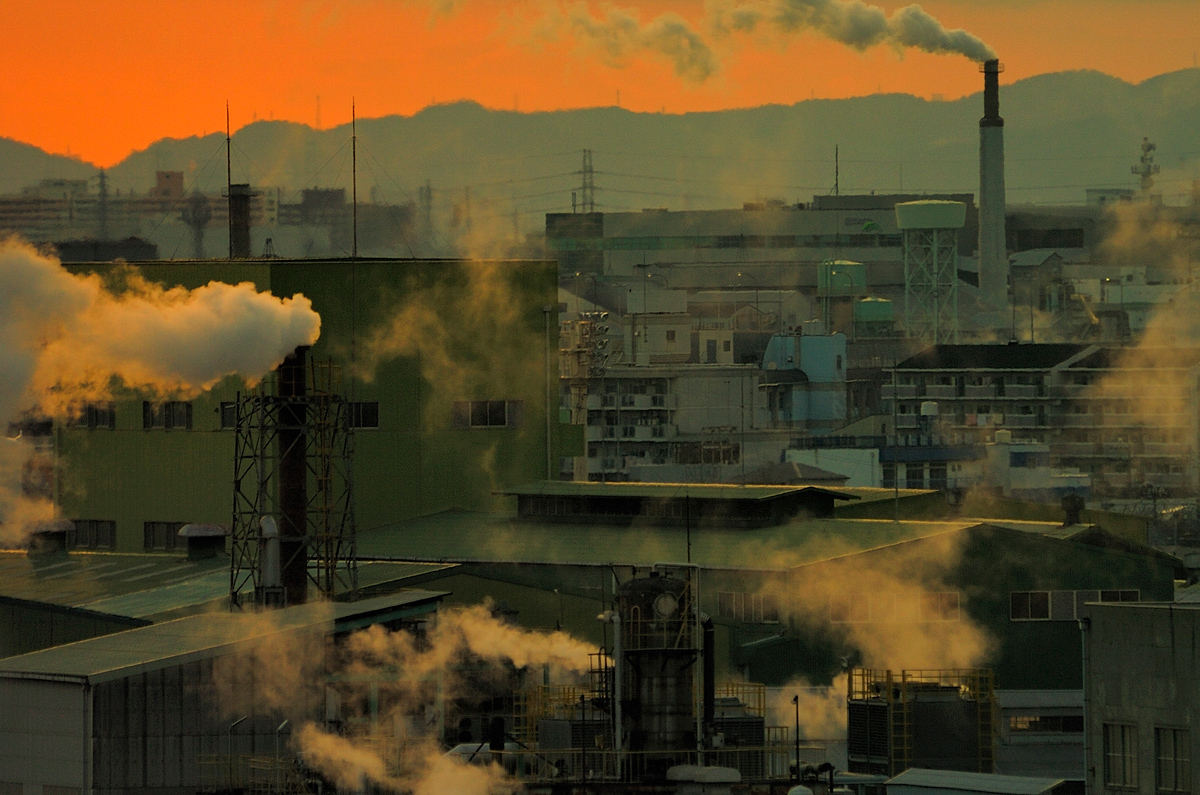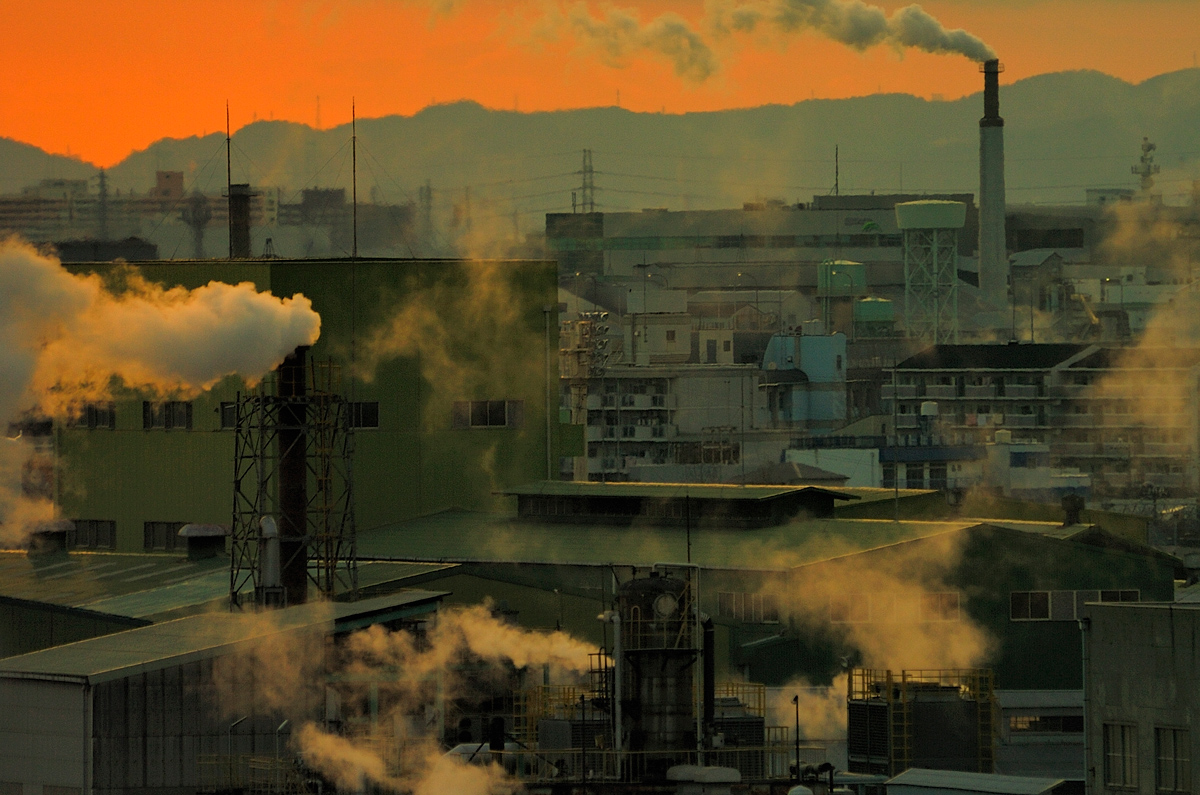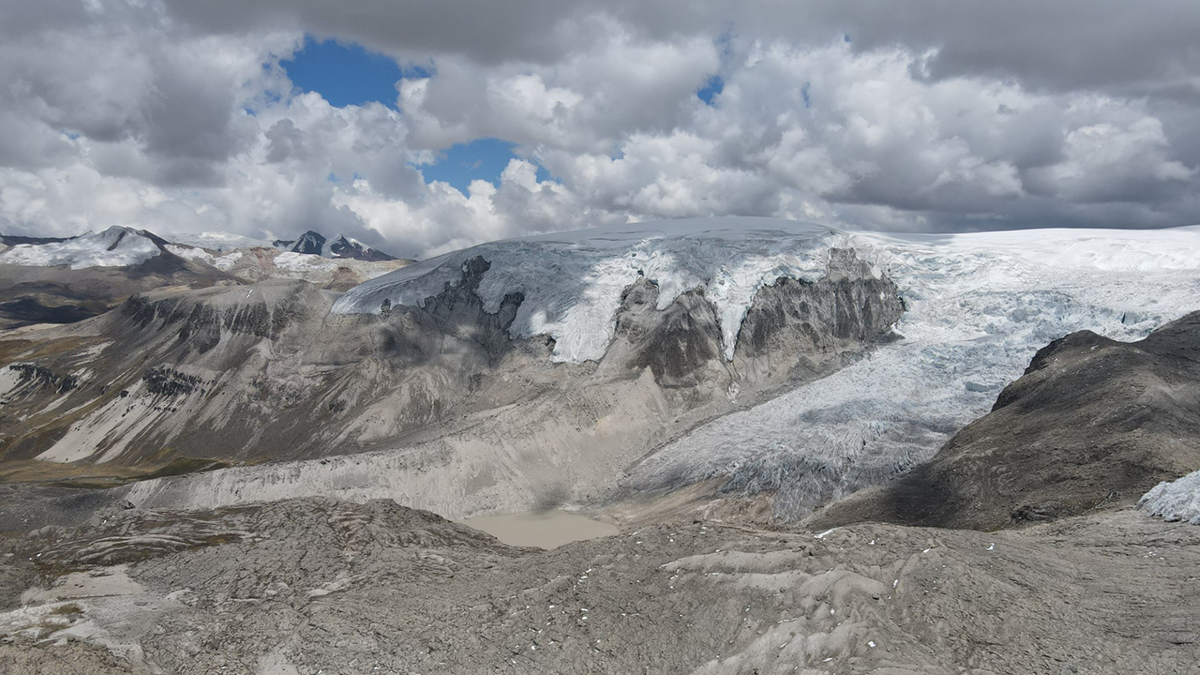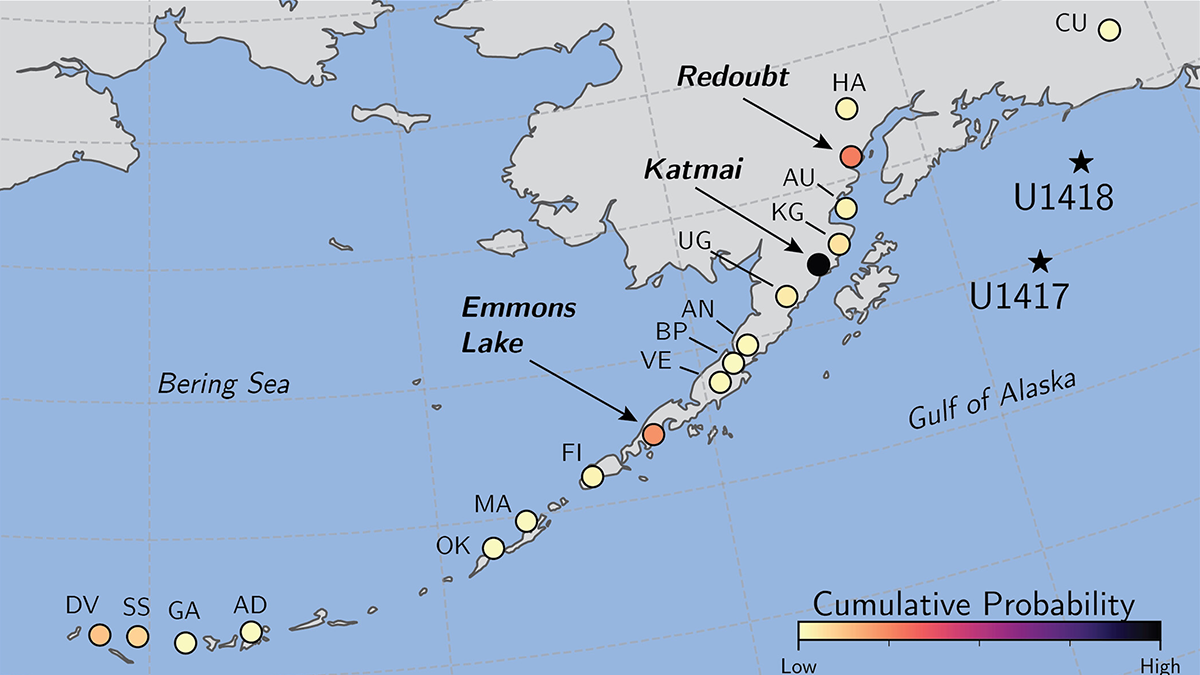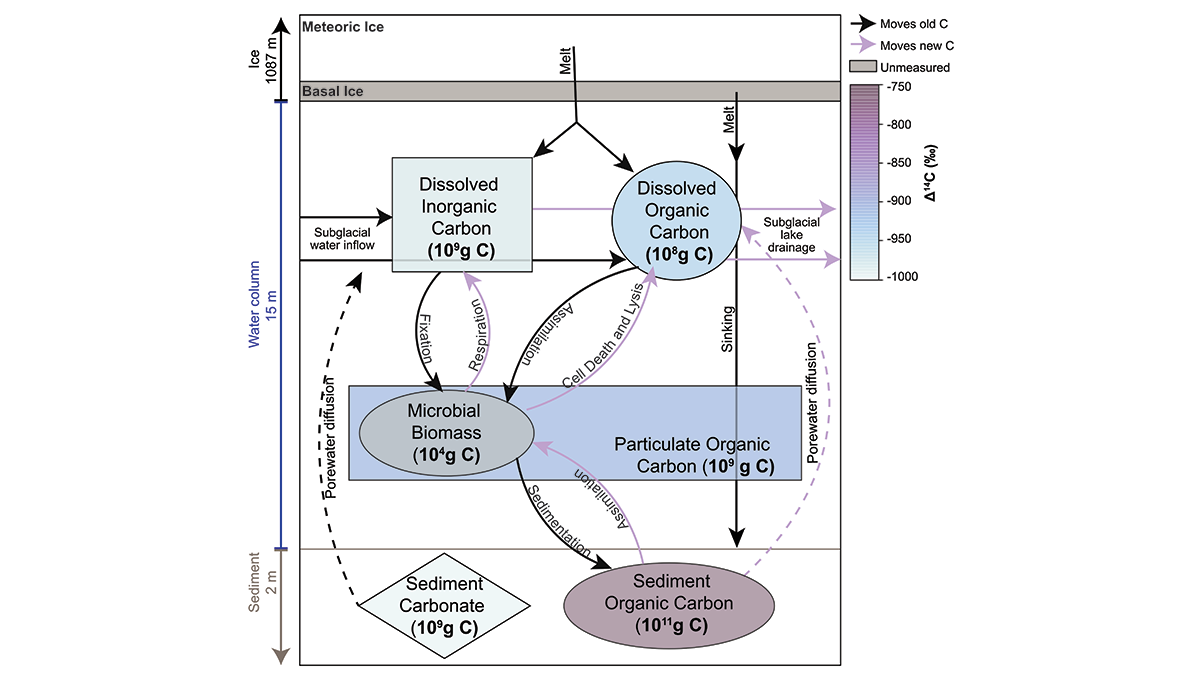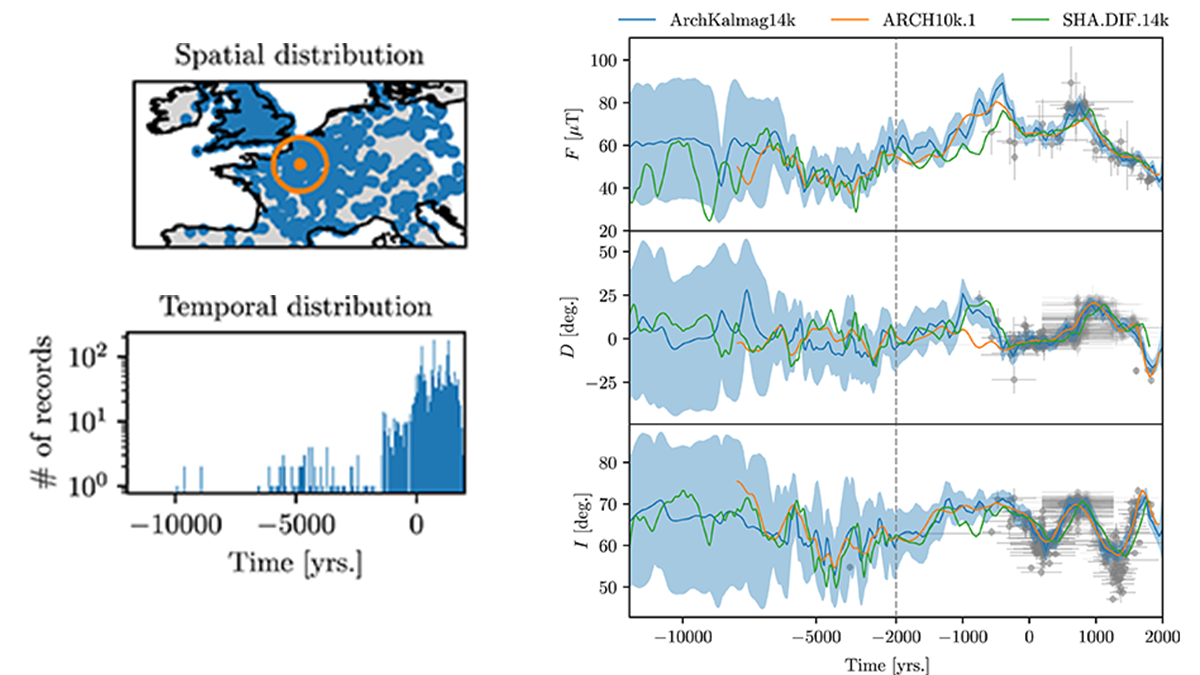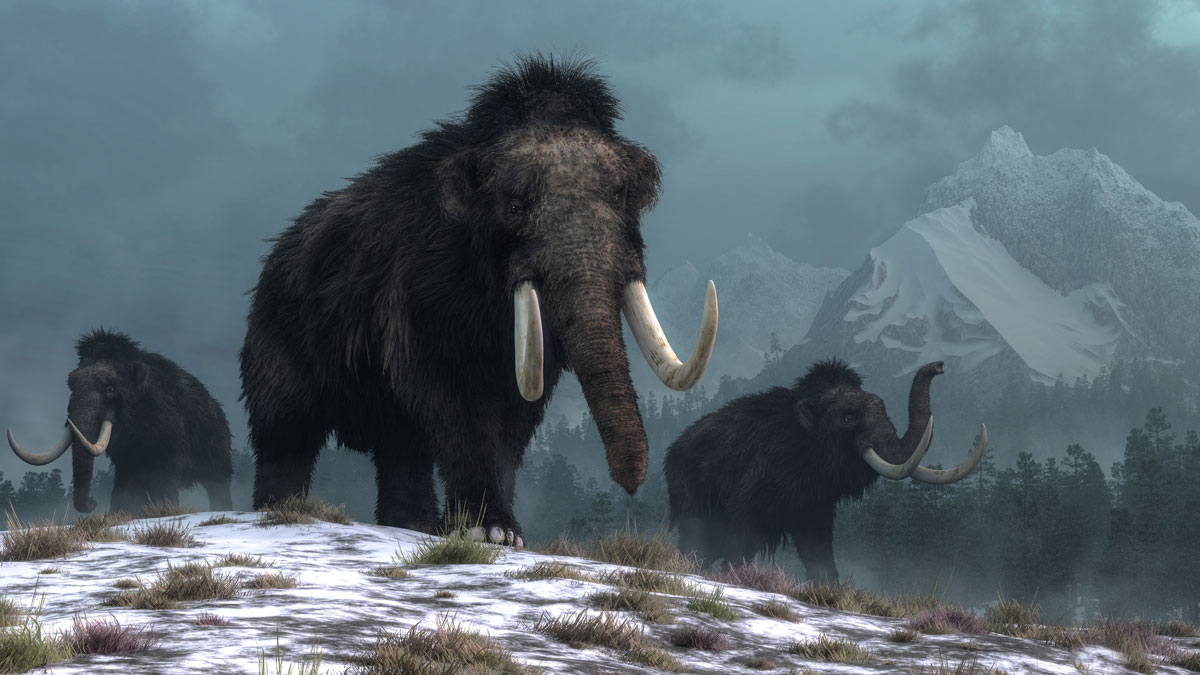国际地质科学联合会选择不指定新的地质时代,但这个问题还没有得到解决。
Holocene
El Antropoceno merece reconocimiento oficial, sostienen algunos expertos
La Unión Internacional de Ciencias Geológicas decidió no designar una nueva época geológica, pero el asunto aún no se ha resuelto.
Anthropocene Deserves Official Recognition, Some Experts Maintain
The International Union of Geological Sciences chose not to designate a new geologic epoch, but the matter is not yet settled.
The Crocodile Dundee Site Helping Rewrite the History of Australian Bushfires
A lake made famous by Hollywood has yielded powerful new evidence that humans have conducted controlled burns on the Red Continent for tens of thousands of years.
Plants Reveal the History of Earth’s Largest Tropical Ice Cap
Rooted plants buried by advancing outlet glaciers illustrate rapid changes in the extent of Quelccaya Ice Cap in Peru during the Holocene.
Machine Learning Identifies Source Volcanoes of Ash Deposits
Tracing ash layers from explosive eruptions back to their source volcanoes is needed to evaluate hazards to population and aviation, a problem addressed by a new machine learning classification method.
Passing Planetary Boundaries Requires Synergistic Solutions
Considering Earth’s interacting systems could pull the planet back into a stable operating space.
Clues from a Subglacial Lake for Holocene Grounding Line Change
Organic carbon sampled in the lake contained radiocarbon, indicating connection to the ocean in the mid-Holocene, when the grounding line was up to 260 kilometers inland of its current position.
Time-Step Filtering in Holocene Global Magnetic Field Models
Through a local fixed time-step filter, global Holocene magnetic field models remain mathematically tractable refining our insight into field variability and improving archeological dating.
Mammoths Lost Their Steppe Habitat to Climate Change
Ancient plant and animal DNA buried in Arctic sediments preserve a 50,000-year history of Arctic ecosystems, suggesting that climate change contributed to mammoth extinction.

